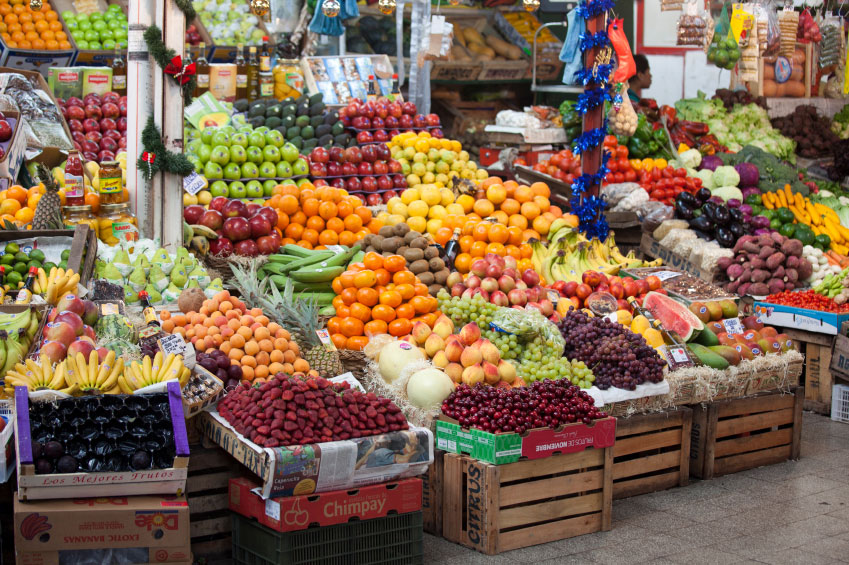Abstract
While 842 million people suffer from hunger in the world, food losses and waste account for around a third of the world's annual production (according to FAO). In Argentina, according to estimates by the Ministry of Agroindustry of the Nation, 16 million tons of food are lost and wasted annually, that is, 12.5% of the agri-food production, being more visible even in the horticultural and fruit sectors since they represent 42.1% and 29.8% respectively, similar to or even higher than the world average.
The Universidad Nacional de Tres de Febrero carries out a study on the generation and reduction of food losses and waste in the Central Market of Buenos Aires (MCBA). Within this framework, during 2016 an insight of the operators regarding the transactional area of the MCBA was evaluated for which specific surveys were designed and executed. In these, several aspects were evaluated such as: quality of the entering merchandise, operation and internal management of each position, initial disposal of the waste, degree of knowledge of the final destination of the waste, awareness of the impacts that these generate and willingness to introduce separation at origin.
From the survey, it is observed that in their activity operators do not identify causes of generation of food losses since the majority declare that they receive close to all the merchandise in good commercialization conditions, use adequate conservation techniques and have a low generation of waste in their positions. However, awareness-raising actions on the waste generated are necessary since only 25.8% of those surveyed know their final destination, 15.2% are not aware of the negative impact they generate and 27.3% are not willing to make separation at source.

